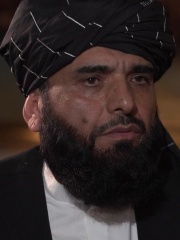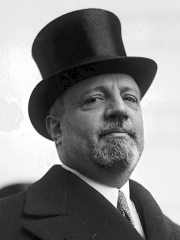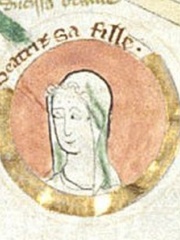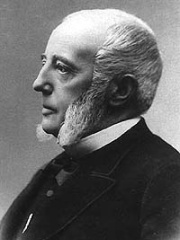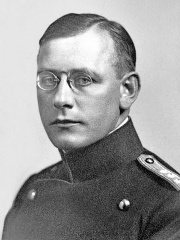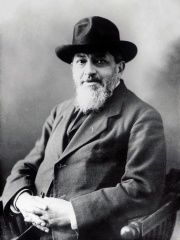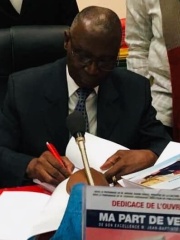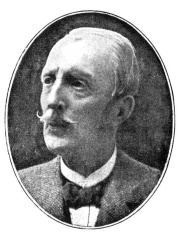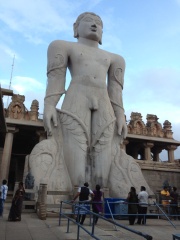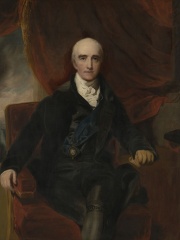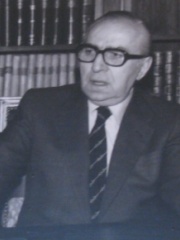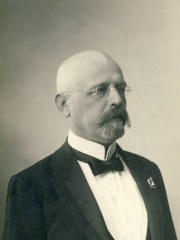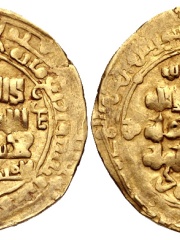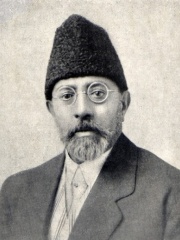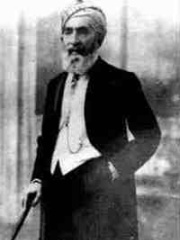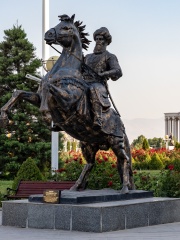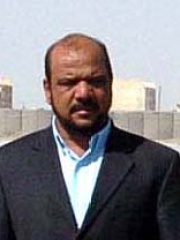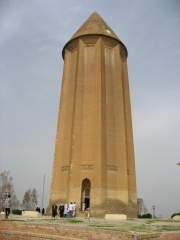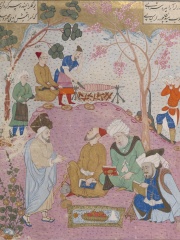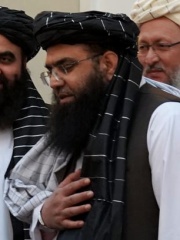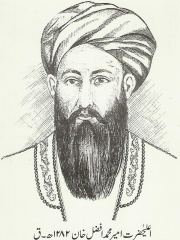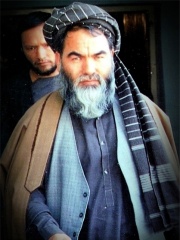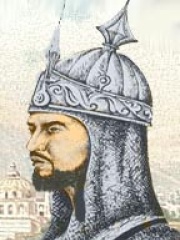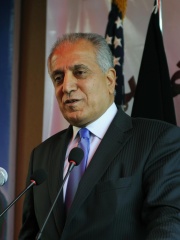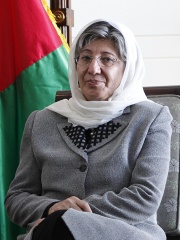Politician
Suhail Shaheen
EN.WIKIPEDIA PAGE VIEWS (PV)
 Suhail Shaheen
Suhail Shaheen
His biography is available in 16 different languages on Wikipedia. Suhail Shaheen is the 12,155th most popular politician (up from 17,229th in 2024), the 102nd most popular biography from Afghanistan (up from 136th in 2019) and the 70th most popular Afghan Politician.
Memorability Metrics
Page views of Suhail Shaheen by language
Among Politicians
Among politicians, Suhail Shaheen ranks 12,155 out of 19,576. Before him are Giuseppe Volpi, Beatrice of England, René Goblet, Paul Grüninger, Filippo Turati, and Jean-Baptiste Ouédraogo. After him are Ashur-resh-ishi II, Prince Moritz of Saxe-Altenburg, Bahubali, Richard Wellesley, 1st Marquess Wellesley, Ioannis Alevras, and Jaan Poska.
Most Popular Politicians in Wikipedia
Go to all RankingsGiuseppe Volpi
1877 - 1947
HPI: 59.16
Rank: 12,155
Beatrice of England
1242 - 1275
HPI: 59.16
Rank: 12,156
René Goblet
1828 - 1905
HPI: 59.16
Rank: 12,157
Paul Grüninger
1891 - 1972
HPI: 59.16
Rank: 12,158
Filippo Turati
1857 - 1932
HPI: 59.15
Rank: 12,159
Jean-Baptiste Ouédraogo
1942 - Present
HPI: 59.15
Rank: 12,160
Suhail Shaheen
HPI: 59.15
Rank: 12,161
Ashur-resh-ishi II
1100 BC - 967 BC
HPI: 59.15
Rank: 12,162
Prince Moritz of Saxe-Altenburg
1829 - 1907
HPI: 59.15
Rank: 12,163
Bahubali
HPI: 59.15
Rank: 12,164
Richard Wellesley, 1st Marquess Wellesley
1760 - 1842
HPI: 59.15
Rank: 12,165
Ioannis Alevras
1912 - 1995
HPI: 59.15
Rank: 12,166
Jaan Poska
1866 - 1920
HPI: 59.15
Rank: 12,167
In Afghanistan
Among people born in Afghanistan, Suhail Shaheen ranks 102 out of NaN. Before him are Mawdud of Ghazni (1012), Mahmud Tarzi (1865), Mohammad Yaqub Khan (1849), Ibrahim al-Nazzam (760), Ghiyath al-Din Muhammad (1139), and Rabia Balkhi (1000). After him are Mohammed Fahim (1957), Afghan Girl (1972), Qabus (1000), Farrukhi Sistani (980), Abdul Kabir (1958), and Mohammad Afzal Khan (1811).
Others born in Afghanistan
Go to all RankingsMawdud of Ghazni
POLITICIAN
1012 - Present
HPI: 60.13
Rank: 96
Mahmud Tarzi
POLITICIAN
1865 - 1933
HPI: 60.08
Rank: 97
Mohammad Yaqub Khan
POLITICIAN
1849 - 1923
HPI: 60.06
Rank: 98
Ibrahim al-Nazzam
PHILOSOPHER
760 - 835
HPI: 59.64
Rank: 99
Ghiyath al-Din Muhammad
POLITICIAN
1139 - 1202
HPI: 59.55
Rank: 100
Rabia Balkhi
WRITER
1000 - Present
HPI: 59.32
Rank: 101
Suhail Shaheen
POLITICIAN
HPI: 59.15
Rank: 102
Mohammed Fahim
POLITICIAN
1957 - 2014
HPI: 59.13
Rank: 103
Afghan Girl
CELEBRITY
1972 - Present
HPI: 58.85
Rank: 104
Qabus
POLITICIAN
1000 - 1012
HPI: 58.64
Rank: 105
Farrukhi Sistani
WRITER
980 - 1037
HPI: 58.50
Rank: 106
Abdul Kabir
POLITICIAN
1958 - Present
HPI: 58.40
Rank: 107
Mohammad Afzal Khan
POLITICIAN
1811 - 1867
HPI: 58.25
Rank: 108
Among Politicians In Afghanistan
Among politicians born in Afghanistan, Suhail Shaheen ranks 70. Before him are Abdul Ali Mazari (1946), Ashraf Hotak (1700), Mawdud of Ghazni (1012), Mahmud Tarzi (1865), Mohammad Yaqub Khan (1849), and Ghiyath al-Din Muhammad (1139). After him are Mohammed Fahim (1957), Qabus (1000), Abdul Kabir (1958), Mohammad Afzal Khan (1811), Zalmay Khalilzad (1951), and Sima Samar (1957).
Abdul Ali Mazari
1946 - 1995
HPI: 60.41
Rank: 64
Ashraf Hotak
1700 - 1730
HPI: 60.32
Rank: 65
Mawdud of Ghazni
1012 - Present
HPI: 60.13
Rank: 66
Mahmud Tarzi
1865 - 1933
HPI: 60.08
Rank: 67
Mohammad Yaqub Khan
1849 - 1923
HPI: 60.06
Rank: 68
Ghiyath al-Din Muhammad
1139 - 1202
HPI: 59.55
Rank: 69
Suhail Shaheen
HPI: 59.15
Rank: 70
Mohammed Fahim
1957 - 2014
HPI: 59.13
Rank: 71
Qabus
1000 - 1012
HPI: 58.64
Rank: 72
Abdul Kabir
1958 - Present
HPI: 58.40
Rank: 73
Mohammad Afzal Khan
1811 - 1867
HPI: 58.25
Rank: 74
Zalmay Khalilzad
1951 - Present
HPI: 57.94
Rank: 75
Sima Samar
1957 - Present
HPI: 57.21
Rank: 76
